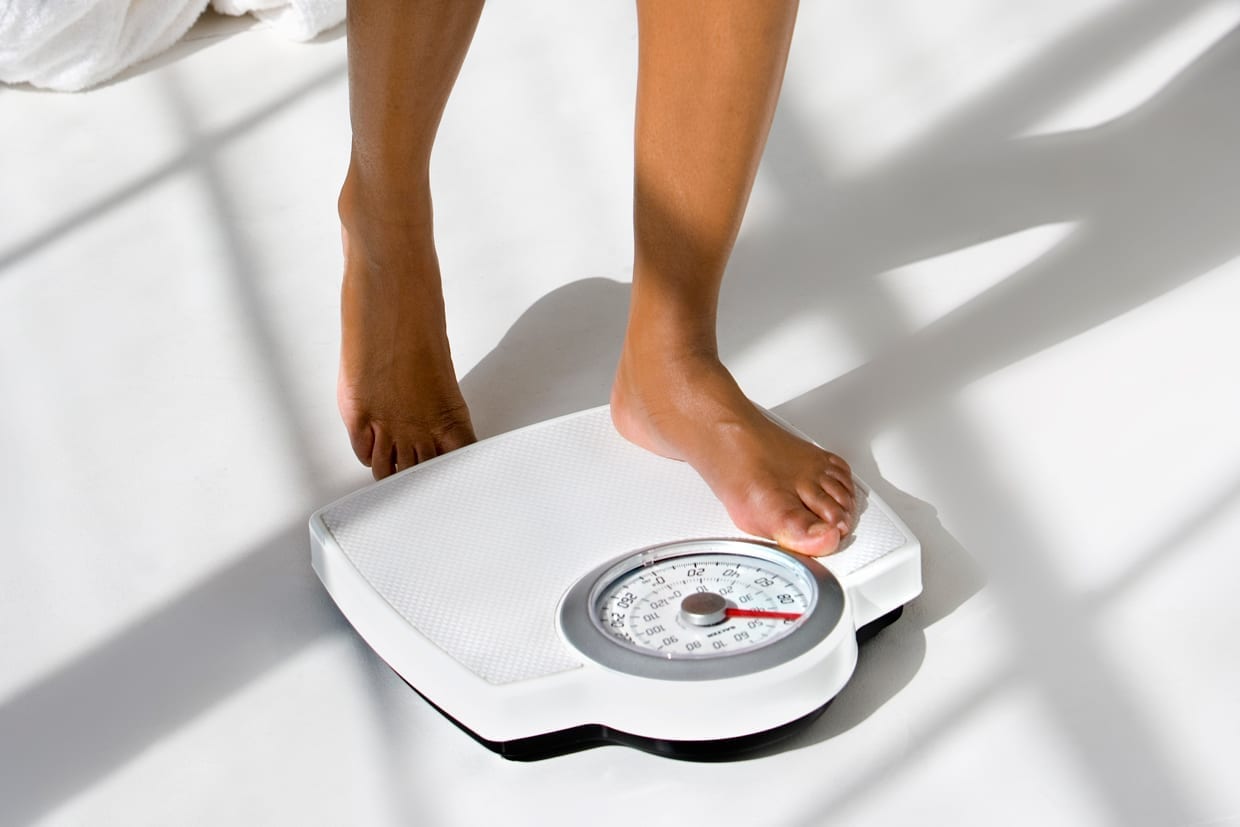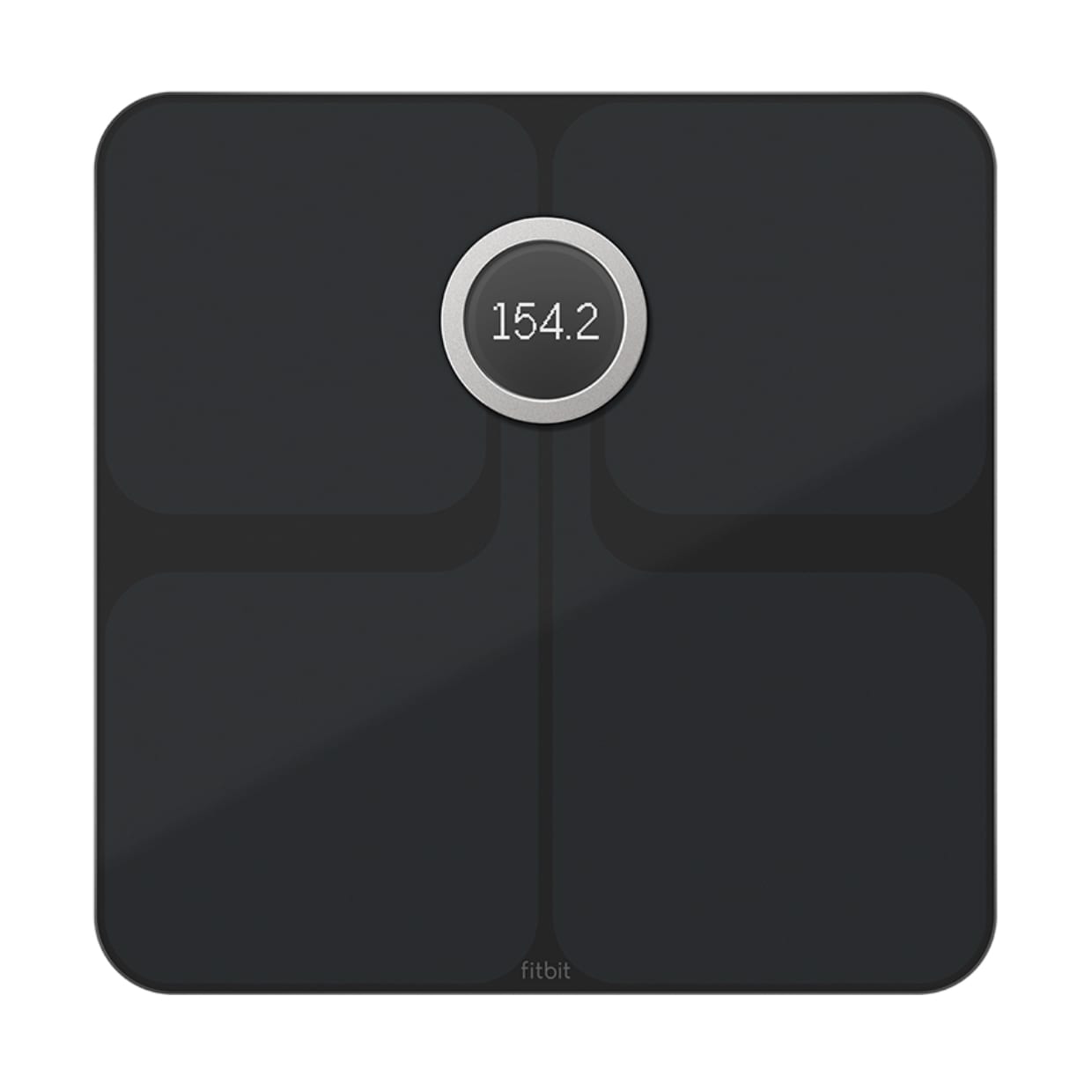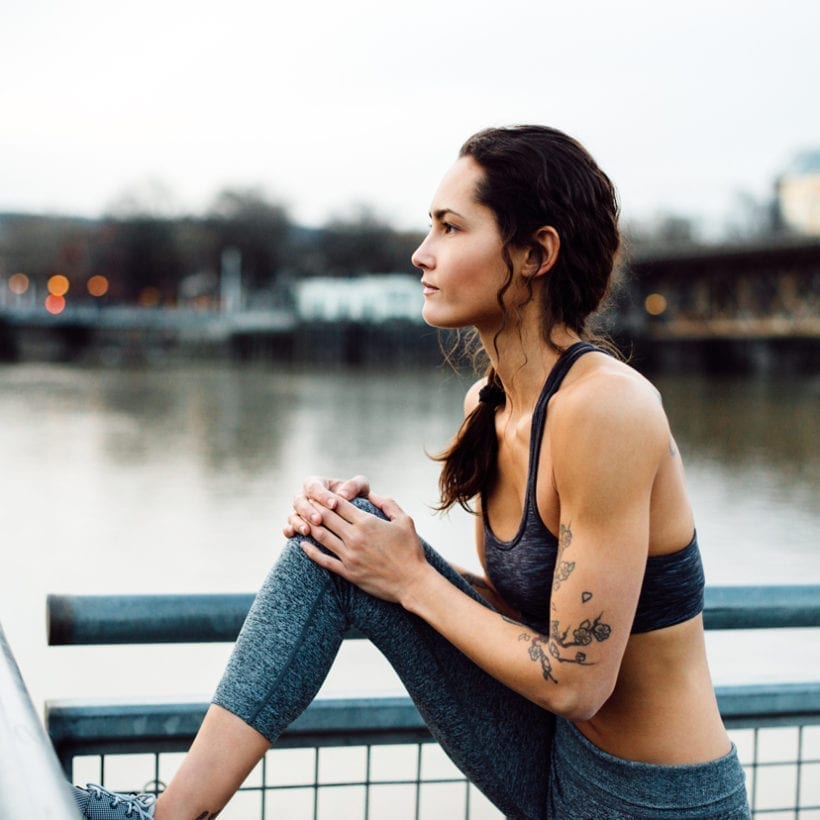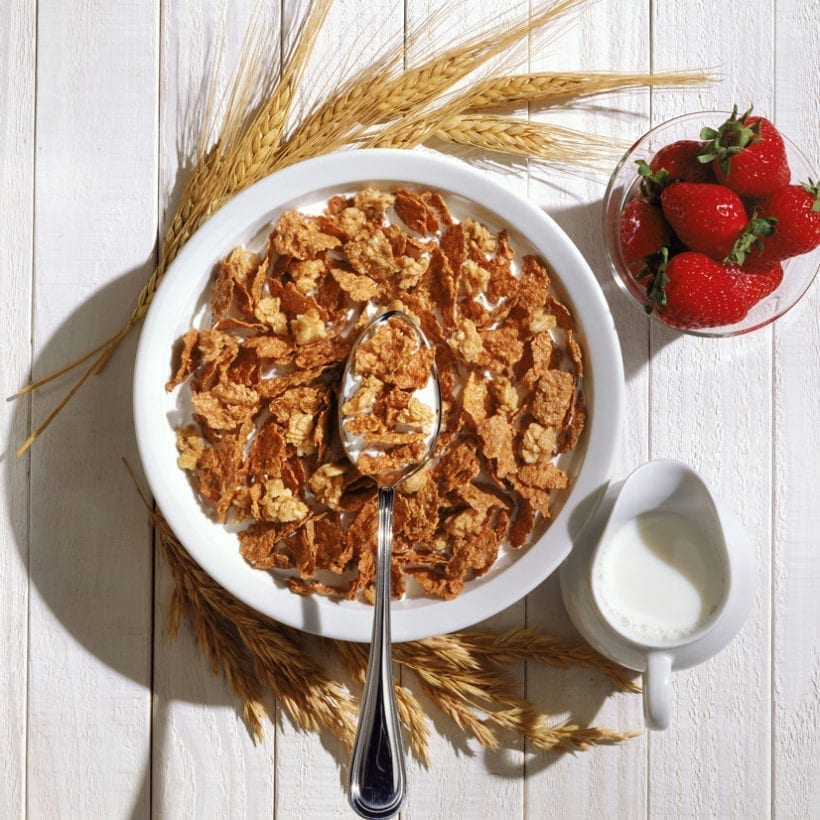The validity of your weight as an accurate representation of your health is overblown with articles and findings that dispel the idea. Most doctors and personal trainers will agree that your weight, taken alone without context about your body composition, muscle mass, exercise regime and more is little to no indication of the actual state of your fitness level.
That being said, weighing yourself can be an asset when monitoring for a weight loss, or even to see if you have gained more muscle mass (muscle is heavier than fat, after all). So, we talked to two personal trainers about the things to keep in mind when weighing yourself, and how to take accurate measurements. “The golden rule is to try and keep all control variables the same every time: date, time, naked, a post-bathroom break is the possible and same scale,” says Chris Ryan, C.S.C.S and founder of Chris Ryan Fitness. Here is why:
The Best Time to Weigh Yourself is in The Morning
Once you have emptied your bladder and are wearing as little clothes as possible, make sure to weigh yourself on an even, hard surface. Overnight, your body has a chance to digest the food you ate the previous day and ditch some water weight, which means that the reading is going to be more accurate. “If this isn’t possible every time you weight yourself, then try to keep as accurate as possible for the day and time of the week,” says Ryan.

Wear As Little Clothes As Possible
“Weigh yourself naked for the most accurate measurements,” says Ryan. A study in the International Journal of Obesity found that clothes can add up to two pounds on the scale. The discrepancy is seen even greater in men, whose clothes also tend to be heavier. If you are a morning shower type of person, strip down before you get on the scale, but if not, then make sure to wear very light, preferably tight-fitting clothing before your read your numbers.
Weigh Yourself Once a Week
Many professionals do not recommend weighing yourself every single day to avoid obsessing over minuscule fluctuations in the scale that are due to things like water retention, hormones or simply eating a big meal. “On average, you can gain and lose 2-4 pounds every day just by food, hydration and using your muscles,” says Julie Bellis, group fitness manager at Equinox Gold Coast in Chicago. In fact, many trainers recommend doing it only once a week under the exact same circumstances; so pick a day of the week and a time. You can’t compare a morning weight to one after dinner, so pick one and stick to it so you can track your progress. “I like to do it on Monday morning, first thing, with limited clothes on and no shoes,” adds Bellis.
Always Use The Same Scale
Types of scale range from spring scales to digital scales or body composition scales. And due to factors such as calibration and mechanism, they can all show results that are variable on a range of 5 pounds. Even a 2017 study found that only 16 out of 152 scales in children’s hospitals are 100 percent accurate. The most important thing, rather than choosing a scale, however, is to just stick with the same one. “Body fat percentage scales aren’t going to be that accurate,” says Bellis. “If you belong to a gym, use the gym scales because they’re likely going to be sturdier and therefore more accurate.” Why? Many variables can affect results on a body fat percentage scale, like where you store your fat, height stature, etc. If you do not belong to a gym, Ryan suggests the Tanita RD 901 and the FitBit Aria 2. “I have seen rave reviews for accuracy on these.” Another thing to consider is using digital scales, instead of analog ones. Most of the common bathroom scales out there are digital, which measures for the force of your weight with sensors and converts it to electrical signals; analog scales use springs and tend not to be as accurate as digital scales. For one, analog scales’ springs may suffer from wear and tear, so might provide inaccurate readings over time.
Weigh Yourself a Day After Exercising
Weighing yourself right after an intense cardio session may seem like a no-brainer, but the truth is your scale numbers right after exercise likely will not be as accurate as weighing yourself at any other point in the day. In some instances, your numbers on the scale may be less due to loss of fluids, and in some other instances, they may be more due to muscles undergoing an inflammatory response as they try to recover. Additionally, water retention can happen right after working out, so it is best to wait a full day before you weigh yourself. “You are changing tissues and developing muscle tissue, sometimes you’re getting dehydrated as you work out. It will give you inconsistent results,” adds Bellis.
Avoid Weighing Yourself a Week Before or During Your Period
“I avoid weighing myself that week of my period,” says Bellis. “I get bloated, feel heavier, and results can be frustrating.” Weight can fluctuate a week before your period and tends to normalize two or three days after your period begins. This is due to hormones like estrogen and progesterone, which rapidly decrease a few days before your period starts. They usually regulate fluids, which tend to cause water retention and sugar cravings. This water retention is what causes swelling in the breasts, stomach or limbs. Doctors say you can gain up to 3-5 pounds when you are on your period.
We only recommend products we have independently researched, tested, and loved. If you purchase a product found through our links, Sunday Edit may earn an affiliate commission.








